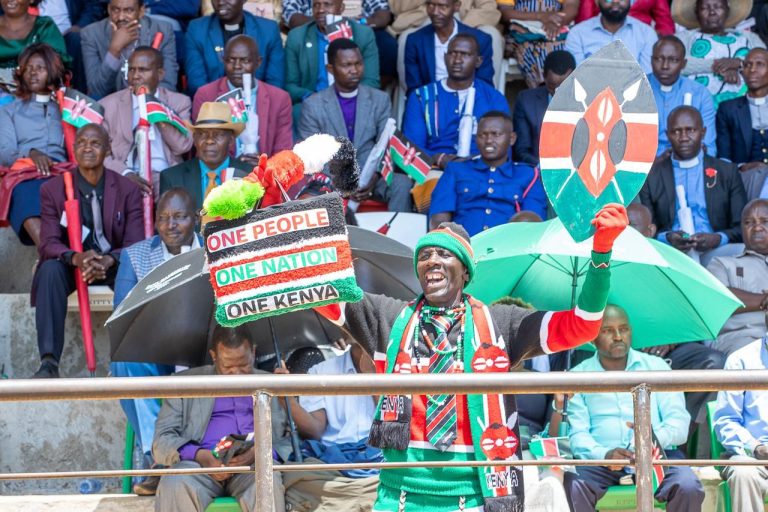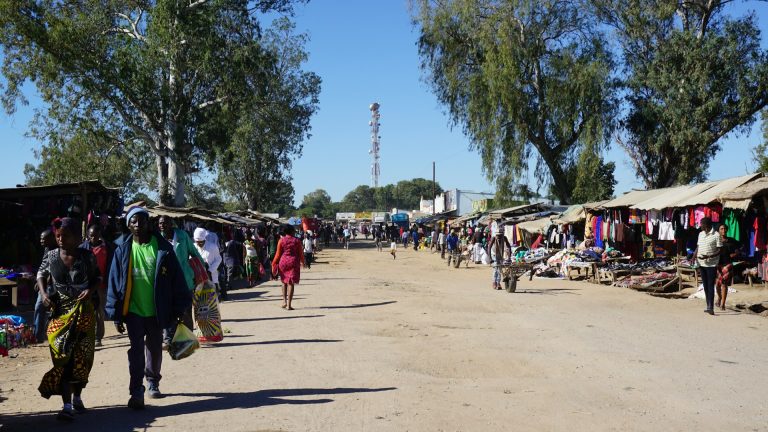- Investor demand for Ghana’s short-term debt weakens sharply
- Treasury faces pressure to raise rates after $90mn shortfall
ACCRA, GHANA – Investor appetite for Ghana’s short-term government securities has fallen sharply, with Treasury bill subscriptions undershooting expectations by more than $90 million, raising concerns about market confidence in short-term financing strategy.
According to the Bank of Ghana’s latest auction results, the Treasury raised GH¢2.57 billion ($204mn) against a target of GH¢3.71 billion ($295mn) – a funding gap of 30.5%. The underperformance highlights growing investor caution amid shifting market dynamics, tight liquidity, and more attractive alternative assets.
Despite the overall undersubscription, investors largely favoured the shortest-term instruments. The 91-day bill accounted for nearly 79% of total bids, with GH¢2.03 billion tendered and 99% accepted. Its yield slipped marginally by three basis points to 10.47% from 10.50% the previous week.
For the 182-day bill, GH¢394 million was tendered, and GH¢389 million accepted, with yields easing by four basis points to 12.35%. The 364-day note recorded the weakest demand, with GH¢165 million accepted from GH¢170 million tendered. Its yield dipped by two basis points to 12.87%.
The Treasury’s decision to accept nearly all valid bids, despite the shortfall, signals comfort with current market rates. However, analysts say the softening yields could prove unsustainable if participation continues to decline.
“The recent auction results suggest investors are becoming more selective,” said a fixed-income trader at an Accra-based investment bank. “The government will have to either raise rates or risk persistent undersubscriptions.”
Rising borrowing needs amid tight liquidity
The weak auction adds pressure on the government’s short-term borrowing plans. To plug the gap, the Treasury has increased its next auction target to GH¢5.26 billion, suggesting growing financing needs amid constrained fiscal space.
Analysts warn that unless investor sentiment improves, the government may be forced to offer higher yields to attract funds. Institutional investors, they note, are increasingly shifting to higher-yielding alternatives such as corporate bonds, longer-term notes, and private credit.
“The government now faces a delicate balancing act,” one market analyst said. “If it prioritises meeting borrowing targets, yields will likely rise. But if it insists on keeping costs low, participation may remain weak.”
The performance of future T-bill auctions will be closely watched as a gauge of market confidence and Ghana’s ability to sustain short-term funding stability amid a challenging macroeconomic landscape.











